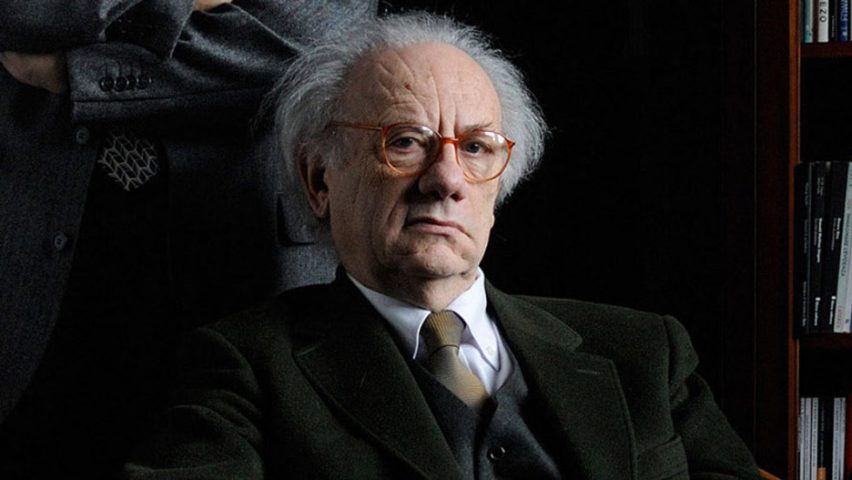Italian architect and co-founder of radical design collective Superstudio, Adolfo Natalini, has passed away at the age of 78.
Natalini, who together with the late Cristiano Toraldo di Francia started Superstudio in 1966, has been remembered as an inspiration for his radical vision.
Superstudio rejected post-war modernist architecture and its focus on consumerism, producing illustrations of an anti-architecture that served people's needs over capitalism.
"If design is merely an inducement to consume, then we must reject design; if architecture is merely the codifying of bourgeois model of ownership and society, then we must reject architecture; if architecture and town planning is merely the formalisation of present unjust social divisions, then we must reject town planning and its cities," Natalini wrote in 1971.
"Until all design activities are aimed towards meeting primary needs. Until then, design must disappear. We can live without architecture," he continued.
Natalini illustrated Superstudio's provocative dystopian visions to generate discussion on alternative ways of living in the world.
Continuous Monument: An Architectural Model for Total Urbanisation was one such concept, imagining a huge grid that could envelop the earth and turn it into a homogenised urban landscape that subordinates nature.
The provocative vision of Continuous Monument wrapped the world into an endless nurturing grip. RIP Adolfo Natalini of Superstudio, who drew that vision, and managed to inspire countless designers over the years. Grazie for everything. https://t.co/Z59pmL7FXb pic.twitter.com/oujh7rl7Iw
— Anab Jain (@anabjain) January 24, 2020
The series of photomontages satirised architecture's expansionist tendencies in a way that many architects and thinkers today still find relevant in the context of the degrowth movement.
"The provocative vision of Continuous Monument wrapped the world into an endless nurturing grip," said Superflux director Anab Jain on Twitter.
"RIP Adolfo Natalini of Superstudio, who drew that vision, and managed to inspire countless designers over the years. Grazie for everything," she added.
Designer Adam Nathaniel Furman also paid tribute to Natalini, on Instagram.
"I met him only once, and he told me – only partly in jest I think – 'I was radical when I was young, one must get it out of the system early'," said Furman. "Something that in retrospect feels very truthful."
Born in 1941 in Pistoia, Italy, Natalini studied at the University of Florence and was planning on pursuing a career in painting when he met Toraldo di Francia and started Superstudio.
The pair were later joined by Gian Piero Frassinelli, Alessandro and Roberto Magris, Alessandro Poli.
Superstudio worked together for 12 years. In 1970 they designed a minimalist furniture collection covered in white plastic, screen-printed to look like tiles. Called Quaderna, the range is still produced today by Zanotta.
After the collective disbanded in 1978, Natalini became a practising architect.
His postmodern designs for civic projects such as the Edificio Per Uffici ad Alzate Brianza in Como and the Florence's Teatro della Compagnia have gridded elements reminiscent of his work with Superstudio.
He was predeceased by his co-conspirator in the radical architecture scene of the '60s and '70s, Toraldo di Francia, who died last year.
Main image courtesy of Natalini Associatti.

